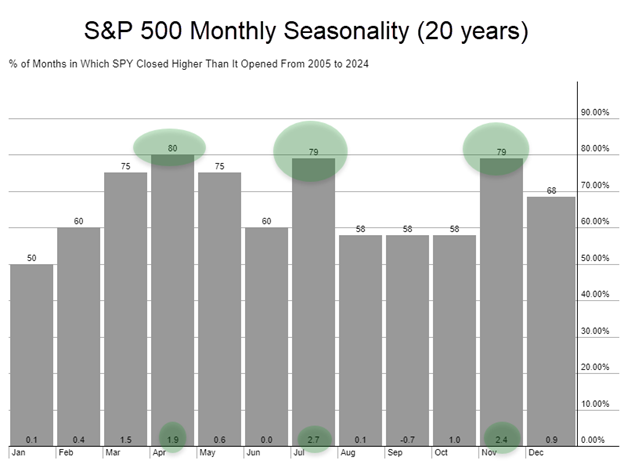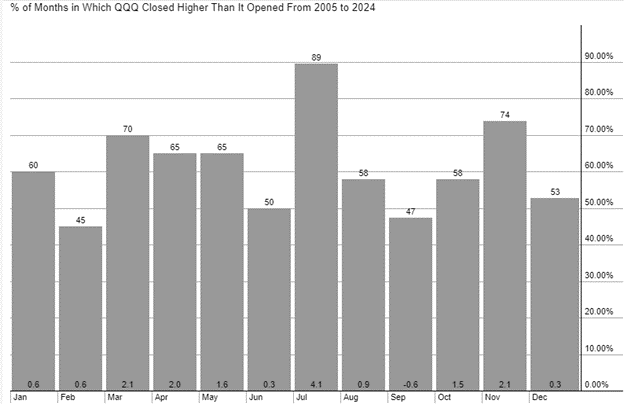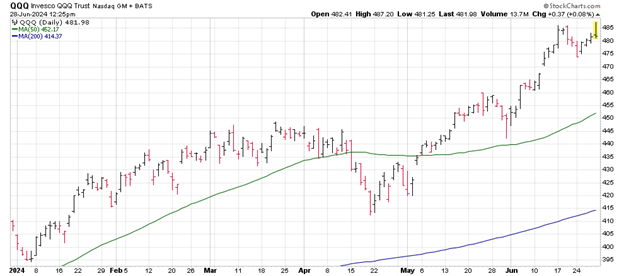The Fed’s favorite inflation indicator came out this morning, and some investors are already doing victory laps.
Do me a favor—don’t jump into the market with both feet just yet.
Let’s talk about why.
First, what is the PCE, besides the Fed’s favorite inflation indicator?
The PCE is preferred by the Federal Reserve for tracking inflation because it covers a broader range of expenditures and adjusts for changes in consumer behavior. It's a comprehensive indicator that helps policymakers assess economic conditions and make decisions.
In a nutshell, today’s report tells us that inflation is continuing to slow, but there’s a catch.
According to the report, consumer activity is also slowing. In other words, you and I are spending less on our purchases, especially on those larger things that we may not really need.
That’s not good news for the economy or stocks, but like the PCE report itself, it’s not going to change the momentum of the market for the next month.
Today being the last day of trading for June has me looking at the trading stats for July.
Stock market seasonality refers to the patterns that stock prices often follow during different “seasons.”
You’ve heard the saying “sell in May and go away,” right?
Well, don’t do that.
You’ll miss some great gains. Instead, follow the actual trends that we’ve seen emerge over the last 20 years and you can pick and choose the months that are favorable for investors.
For instance, July has been one of the strongest months for the S&P 500 (SPY) over the last 20 years.
During the month of July, the S&P 500 averages a return of 1.4% and finishes positive 79% of the time.
April, October, and November are the only three months that have outperformed the month of July over the last 20 years.
Here’s the same chart for the Nasdaq 100 (QQQ).
Note that July is the best performing month for the technology-heavy index, with returns that are 50% higher than the S&P 500.
My point: Those that “sell in May” miss out on one of the best-performing months of the year.
One reason for the outperformance is the fact that we’ll see the earnings season kick off in just two weeks.
Earnings, not the inflation report, are going to be the real catalyst to push stocks higher over the next month.
How do you make money with this knowledge?
If you haven’t already, look into adding exposure to the S&P 500 and the Nasdaq 100 ETFs (SPY and QQQ respectively).
Expect to see prices slump a little over the first week of July trading as the Fourth of July holiday will lighten volume.
Also, several of the large-cap tech names like Amazon (AMZN), Alphabet (GOOG), and Microsoft (MSFT) are trading in overbought territory.
That just means that these stocks need a little rest from running higher over the last three weeks.
After that, they’ll be off to the moon again.
About the Author
Chris Johnson (“CJ”), a seasoned equity and options analyst with nearly 30 years of experience, is celebrated for his quantitative expertise in quantifying investors’ sentiment to navigate Wall Street with a deeply rooted technical and contrarian trading style.







